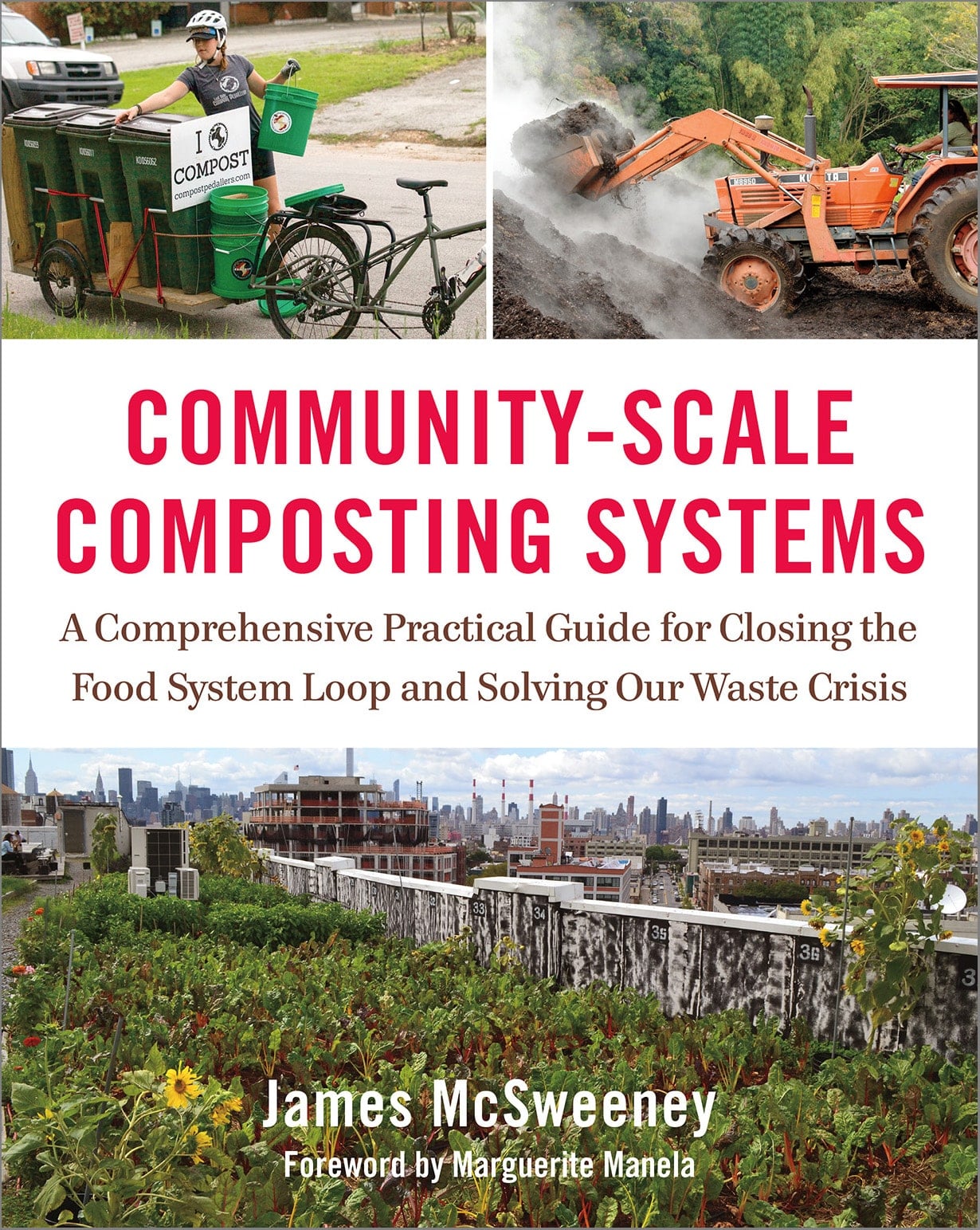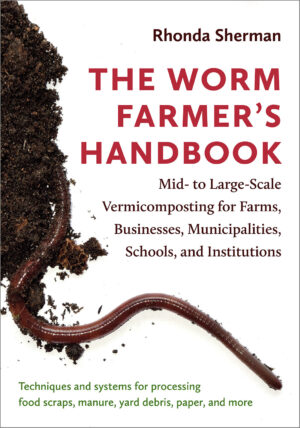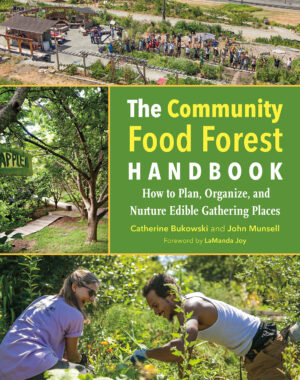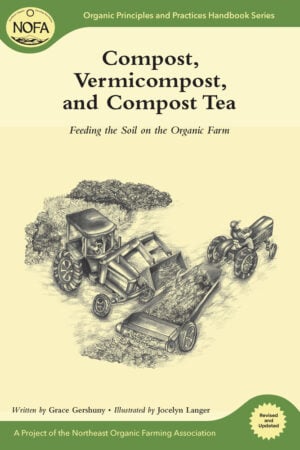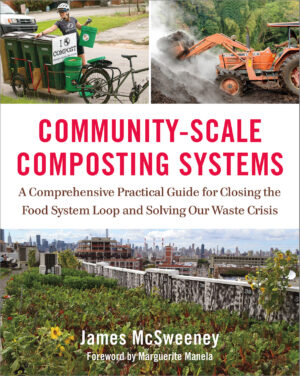Community-Scale Composting Systems
A Comprehensive Practical Guide for Closing the Food System Loop and Solving Our Waste Crisis
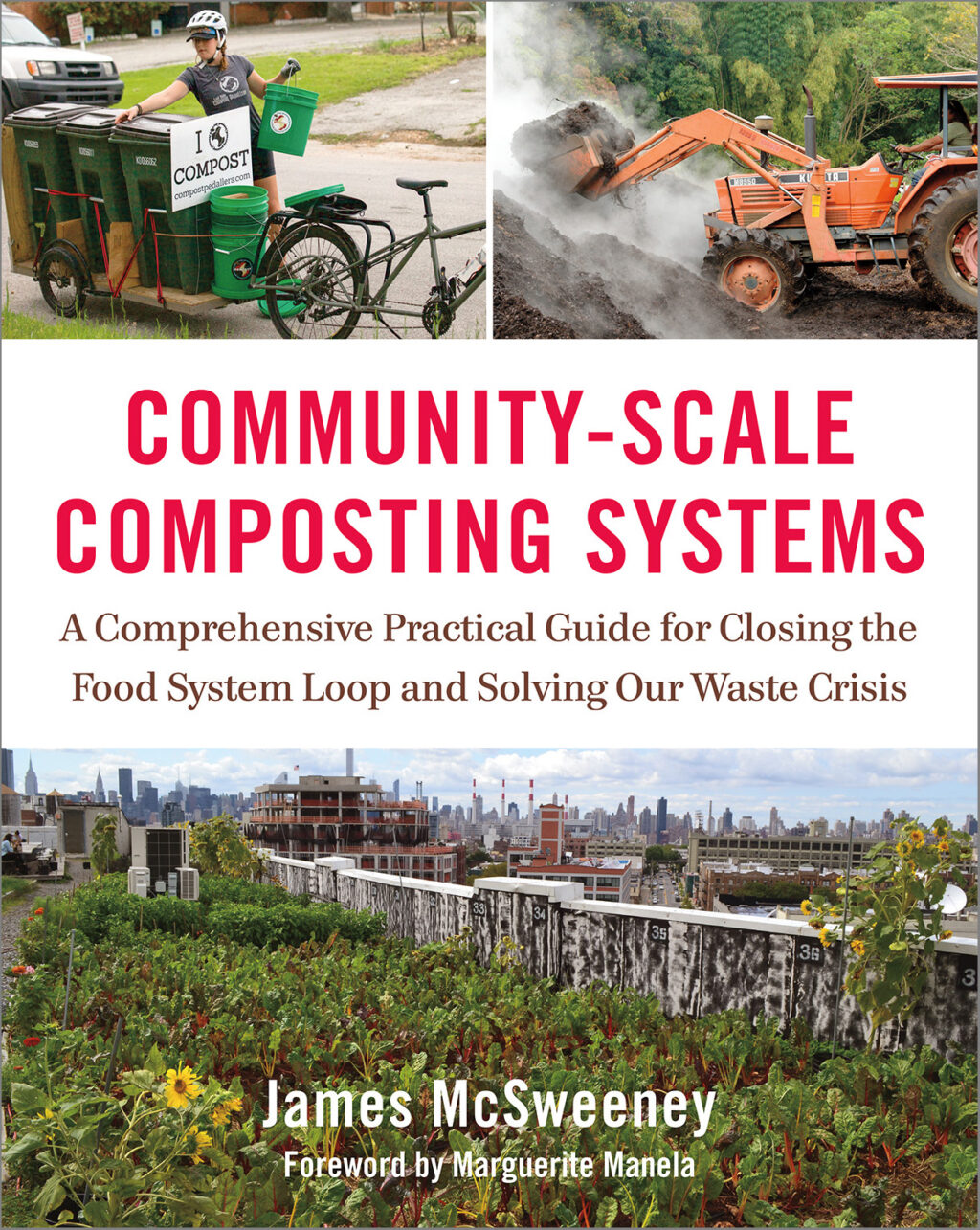
EXCERPTS
| Pages: | 464 pages |
| Book Art: | Full-color photographs and illustrations throughout |
| Size: | 8 x 10 inch |
| Publisher: | Chelsea Green Publishing |
| Pub. Date: | February 1, 2019 |
| ISBN: | 9781603586542 |
Community-Scale Composting Systems
A Comprehensive Practical Guide for Closing the Food System Loop and Solving Our Waste Crisis
Online exclusive! Get the Introduction as a free audio download here...
Composting at scales large enough to capture and recycle the organic wastes of a given community, whether a school, neighborhood, or even a small city, is coming of age, propelled by a growing awareness not only of our food waste crisis, but also the need to restore natural fertility in our soils. In-depth yet accessible, Community-Scale Composting Systems is a technical resource for farmers, designers, service providers, organics recycling entrepreneurs, and advocates of all types, with a focus on developing the next generation of organics recycling infrastructure that can enable communities to close the food-soil loop in their local food systems.
The main scope of the book is dedicated to compost system options and design, from basic sizing and layout to advanced techniques such as aerated static pile composting. Management techniques and operational considerations are also covered, including testing, feedstock characteristics, compost recipe development, and system-specific best management practices.
Though focused on recycling systems that include food scraps—the fastest growing sector of community-scale composting—the book is informed by and relevant to other composting sectors and will be a vital resource for anyone invested in diverting organic materials away from landfilling and incineration. Topics covered include:
- Community-scale models
- Estimating organics from individual generators and whole communities
- Food scrap collection
- Compost system sizing
- Aerated static pile (ASP) systems design
- In-vessel systems selection
- Integrating animals with composting
- Compatibility with compost heat recovery, vermicomposting, and other specialized methodologies
- Composting best management practices
- Nuisance management
- Mitigating persistent herbicides
- End uses, marketing, and sales
Whether you’re an engineer, community organizer, permaculturalist, public sector waste manager, farmer, or just a dirt lover, Community-Scale Composting Systems is the definitive manual on composting, written at a crucial time when communities are just starting to see what the composting movement will ultimately offer our food systems, local and regional economies, and planet.



